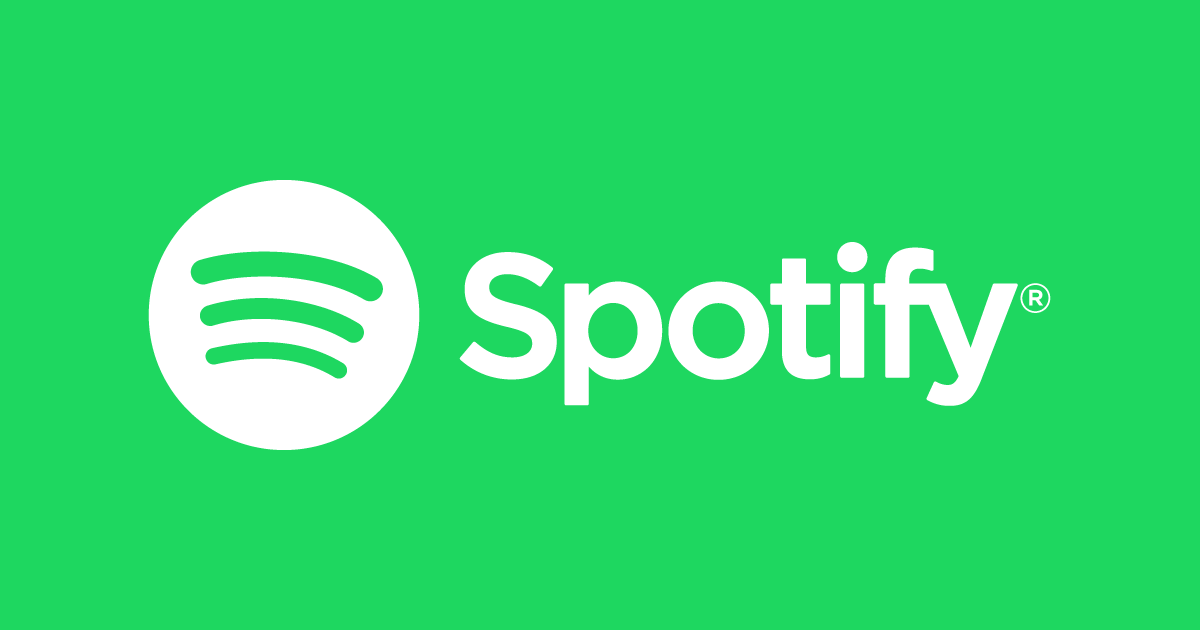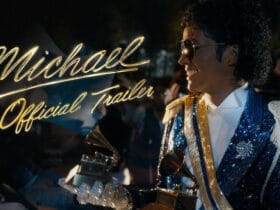The music streaming company, Spotify has been granted a new technology patent to use recordings of users’ speech to determine what kind of music to curate and recommend to them, Music Business Worldwide reported.
The company filed for the patent in 2018 for Spotify Users Speech; it was approved on January 12, 2021. According to the Pitchfork reports, “Spotify has filed patent applications for hundreds of inventions, and we regularly file new applications. Some of these patents become part of future products, while others don’t. Our ambition is to create the best audio experience out there, but we don’t have any news to share at this time.”
MUST READ – Mr Eazi Unleash New Song, ‘The Don,’ Also, Announces New EP
The patent outlines potential uses of technology that involves the extraction of “intonation, stress, rhythm, and the likes of units of speech” from the user’s voice. The tech could also use speech recognition to identify metadata points such as emotional state, gender, age, accent, and even environment—i.e., whether someone is alone, or with other people—based on audio recording.
The patent filing outlines how Spotify currently uses a decision tree—showing users different artists, genres, and more—to help refine its recommendation algorithm for the user. “What is needed is an entirely different approach to collecting taste attributes of a user, particularly one that is rooted in technology so that the above-described human activity (e.g., requiring a user to provide input) is at least partially eliminated and performed more efficiently,” reads the filing. Find the patent here.
READ MORE – Selena Gomez Releases New Spanish Track, ‘Baila Conmigo’ Ft. Rauw Alejandro
It’s currently unclear whether Spotify has established a roadmap for the implementation of this tech into its desktop or mobile apps, or what form this implementation might take. It is also unclear if the technology currently exists or if the patent is speculative. It should be noted that it is not abnormal for tech companies to patent technology that does not end up making it to market.









